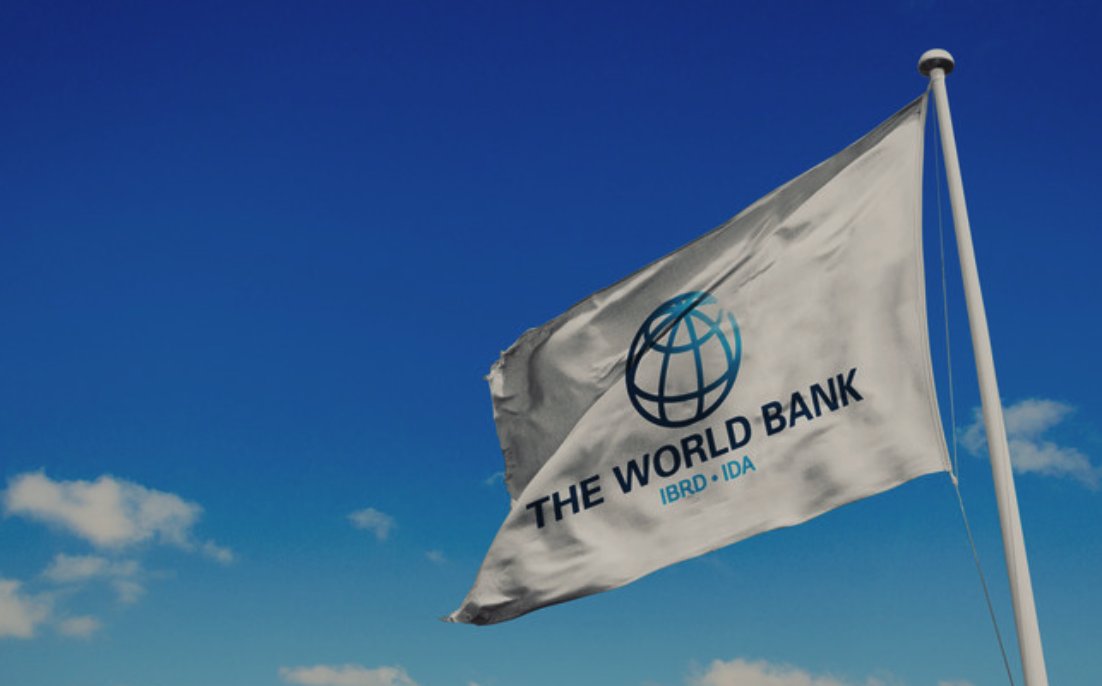Physical Address
60 Ekwema Cres, Layout 460281, Imo
Physical Address
60 Ekwema Cres, Layout 460281, Imo

Nigeria is taking a big step forward by implementing the World Bank’s FundsChain system, a blockchain-based platform designed to improve how money meant for development projects is tracked and managed. This move signals a new phase in financial oversight for projects funded by donors across the country.
FundsChain isn’t new, it’s already been tested in 13 projects spread over 10 countries. This platform ensures that project funds are tracked in real-time and can’t be tampered with, which means more honesty and transparency. The goal is to expand this system to cover about 250 World Bank projects worldwide by 2026, and Nigeria is now part of this important rollout.
Read Next: Malawi has Set December 2025 as the Target Date to Phase Out Cheques
Dr. Shamseldeen Babatunde Ogunjimi, Nigeria’s accountant-general, officially announced this rollout during an event in Abuja. He highlighted that the World Bank’s FundsChain system will boost transparency, accountability, and efficiency in managing development funds across Nigeria. The announcement came after a workshop set up by Nigeria’s Office of the Accountant-General of the Federation (OAGF) to help project coordinators, accountants, and financial management teams get better at reporting and handling finances.

This adoption of the World Bank’s FundsChain platform is a major win in the fight against the long-standing problem of money leaks in Nigerian projects. Ogunjimi also shared that the government has introduced a new Financial Management Manual. This manual will guide how all World Bank-supported projects operate, with a strong push for everyone involved to stick to the rules. The aim is to prevent mistakes and keep good ratings on these projects.
Thanks to ongoing reforms, Nigeria has already seen some positive results. Lapsed loans have dropped from $18 million to $7 million, and undocumented financial advances have gone down by 15%. These numbers show that tighter control and better management are making a real difference.
Read Next: Orange Mali Raises $92.5 Million to Speed Up Digital Access Expansion
Akram El Shorbagy, a senior financial management expert representing the World Bank, praised the OAGF for their efforts and encouraged ongoing support from institutions to keep these improvements on track.
It’s worth noting that the World Bank is Nigeria’s largest external creditor, holding $19.39 billion of the country’s total external debt. By implementing the World Bank’s FundsChain system, Nigeria is taking serious steps toward more transparent and efficient management of donor funds, which could help build stronger trust and better outcomes for development projects nationwide.
Was this information useful? Drop a nice comment below. You can also check out other useful contents by following us on X/Twitter @siliconafritech, Instagram @Siliconafricatech, or Facebook @SiliconAfrica.